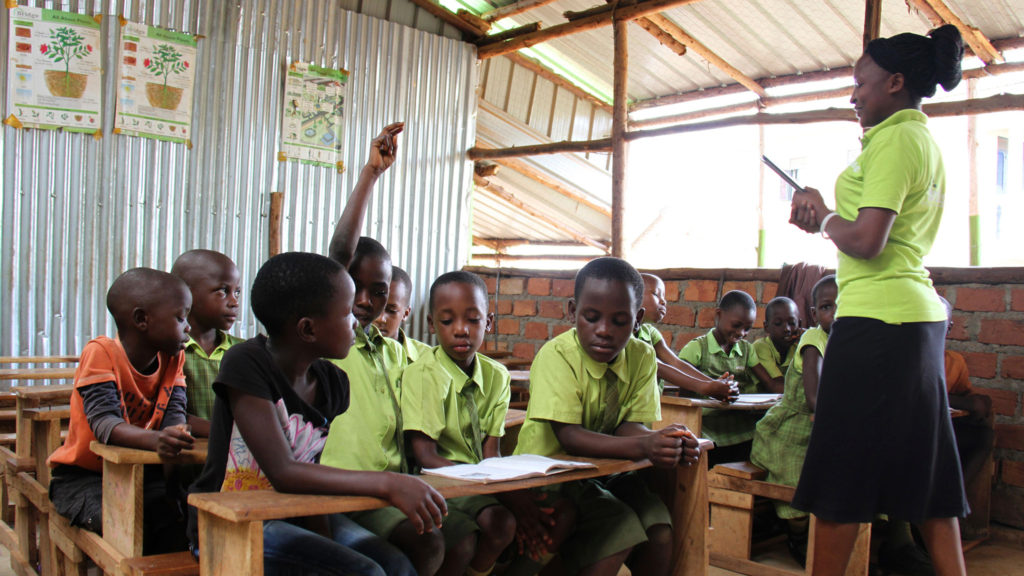
This project reviews and assesses the basic education system in Nigeria in the context of Universal Basic Education (UBE) as designed in the UBE Act 2004 with a focus on effectiveness, accountability and equity in basic education financing. The project utilizes desk review of data and literature, interviews with officials at federal, state and local government levels, and structured questionnaires at school level.
The report provides an assessment of the effectiveness, accountability, and equity of basic education in Nigeria. The central objective of the UBE Act (2004) is to provide institutional and resource frameworks to promote equity in educational outcomes across the country. Central to this objective are effective mechanisms for financing basic education that ensure availability of resources at the time and place where they are needed, and accountability in the use of resources that hinges on clarity of resource flows, capacity for monitoring and evaluation and oversight by all stakeholders in basic education, including the parents.
The dominance of federal government as the source of funds pivots the success of UBE on factors beyond domestic effort, given the dominance of petrodollars in revenues of the federal and state governments and volatility of the market for crude petroleum. The approach is rather ineffective, as allocations from the federal government, plus matching monies raised by the states are insufficient to meet the needs of basic education, creating persistent resource gaps in the funding of basic education infrastructure. In response, schools in some states have introduced different types of levies with the consent of parents and in contravention of the provisions of the UBE Act.
